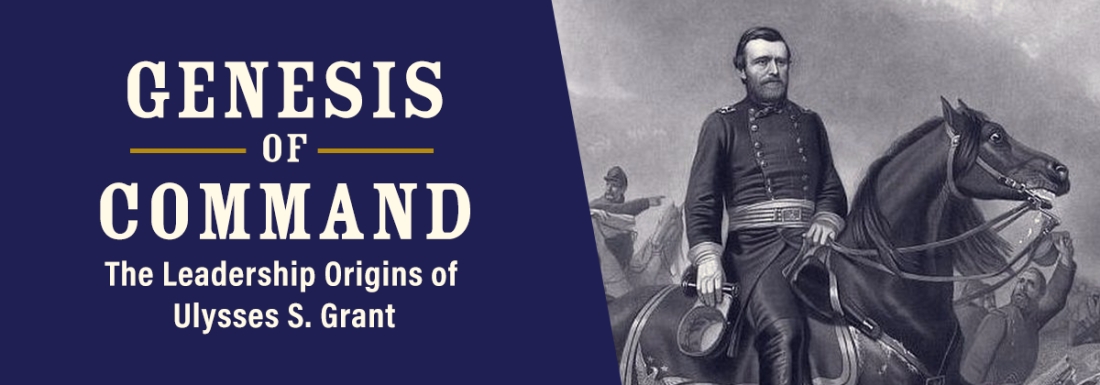Ulysses S. Grant’s place among America’s greatest military leaders was secure by the end of the Civil War. Still, he wasn’t born a great commander, as mixed results in his first battlefield test – an attack on a Confederate camp along the Mississippi River near Belmont, Missouri – attested.
Military historian Harry S. Laver of the U.S. Army Command and General Staff College explores Grant’s early missteps and his maturation as a commander as the war continued. Experience, mentoring, and insistence on personal improvement led to unrivaled success in battle and made him an architect of the Union’s victory.
The event coincides with the exhibit Ulysses Grant’s Missouri, on display at the Central Library until Wednesday, November 2. Created by the Missouri Humanities Council as part of the bicentennial celebration of Grant’s birth in 1822, it spotlights the future president’s formative years – both personally and militarily – in the state.
Laver, a professor in the college’s Department of Military History, holds a doctorate in history from the University of Kentucky. He is the author of two books, The Leadership of Ulysses S. Grant: A General Who Will Fight and Citizens More than Soldiers: The Kentucky Militia and Society in the Early Republic.
